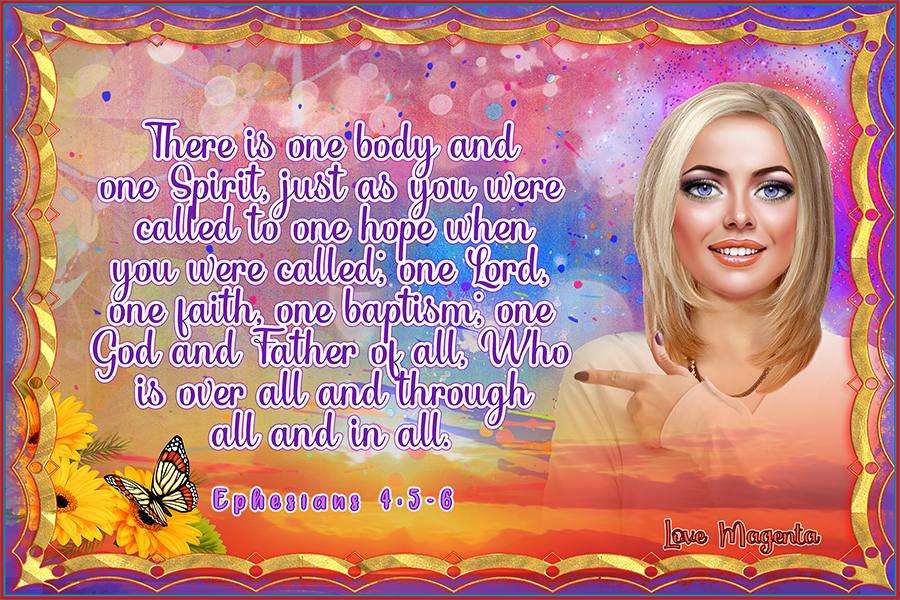I was just thinking about the definition of the word "Doctrine". A doctrine is a teaching in the context that such and such is the law, and it has a exegetical proof. The first mediaeval scholastic to write a complete treatise on doctrine after the Cardinal's meeting that set the cannon at a certain number of books listed in the table of contents was a man by the name of Peter Abelard, and I've never had the time or scholarly recourses to find out what a Crusader Knight sort thought was a full list of the Biblical doctrines. (Another expression for Biblical Doctrine is Cannon Law).
I'm all for faith, I know it gets abused in modern America, both in raucous political debates over the secular setting of the government and in accounting, but I'm grown up enough and well-read enough to have a solid understanding of the textbook and stable enough in both literary scholarship and temporal affairs that I know what faith is. I'm interested in finding out what some of the doctrines are that people study in their prayer devotions and in their churches. The premier doctrine in historic Christianity is the Doctrine of Divinity, a religious law which states simply that "Jesus Christ is divine." This one is the basis of a sober seminary and answers the philosophical question "why" as to any further social practice for people who mean to sign up and practice within and individual denomination.
What is your favorite doctrine of the faith, and why? For example, Baptist believers focus on the immersion in the water as an outward mark of dedication to Christianity. What do you believe about the Doctrine of Baptism? What are some of your Bible stories that you meditate on in connection with it? The Red Sea parting? Naaman and the Syrian? Pool of Salome in the Gospels?
Where do you stand on the doctrine of the Resurrection? How many resurrections are there going to be, one or two? If there is only one, then all will be judged together, but if there are two, of the saved and the lost, then we might be all presorted and predestined.
How many doctrines does your church embrace and teach from the pulpit on Sunday morning? What are some of them? I'm very interested to know, because your church doctrines are to the Bible as the National Amendments are to the United States Constitution (a doctrine is an overarching law and ruling principle of the faith, remember)? Let's hear some of them, and their scriptural basis.
I'm all for faith, I know it gets abused in modern America, both in raucous political debates over the secular setting of the government and in accounting, but I'm grown up enough and well-read enough to have a solid understanding of the textbook and stable enough in both literary scholarship and temporal affairs that I know what faith is. I'm interested in finding out what some of the doctrines are that people study in their prayer devotions and in their churches. The premier doctrine in historic Christianity is the Doctrine of Divinity, a religious law which states simply that "Jesus Christ is divine." This one is the basis of a sober seminary and answers the philosophical question "why" as to any further social practice for people who mean to sign up and practice within and individual denomination.
What is your favorite doctrine of the faith, and why? For example, Baptist believers focus on the immersion in the water as an outward mark of dedication to Christianity. What do you believe about the Doctrine of Baptism? What are some of your Bible stories that you meditate on in connection with it? The Red Sea parting? Naaman and the Syrian? Pool of Salome in the Gospels?
Where do you stand on the doctrine of the Resurrection? How many resurrections are there going to be, one or two? If there is only one, then all will be judged together, but if there are two, of the saved and the lost, then we might be all presorted and predestined.
How many doctrines does your church embrace and teach from the pulpit on Sunday morning? What are some of them? I'm very interested to know, because your church doctrines are to the Bible as the National Amendments are to the United States Constitution (a doctrine is an overarching law and ruling principle of the faith, remember)? Let's hear some of them, and their scriptural basis.
-
1
- Show all

